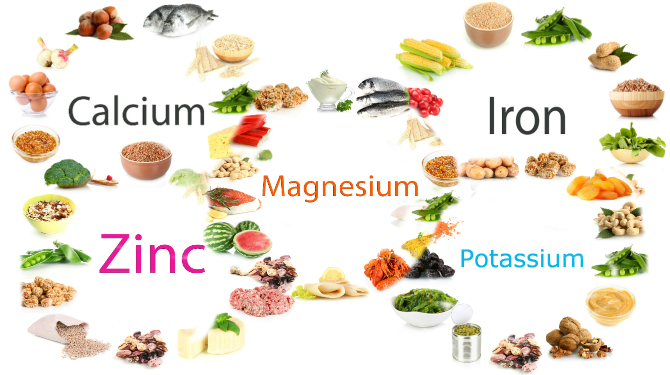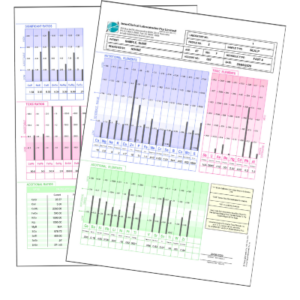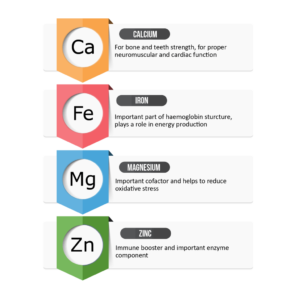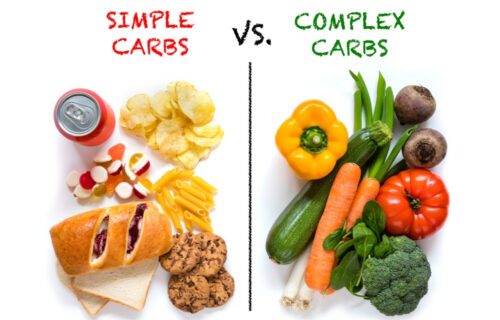
Hair Tissue Mineral Analysis
We live in a toxin filled environment. From lipstick to your morning coffee, peak hour traffic, pesticides in foods and the stress hormones we produce, toxins are difficult to avoid.
Problems associated with heavy metal and generalised body and liver toxicity include:
- Fatigue
- Muscle weakness or pain
- Chronically recurring infections
- Infertility
- Nausea
- Allergies and intolerances
- Multiple chemical sensitivities
- Chronic fatigue syndrome
- Depression
- Hormonal imbalances
- Thyroid problems
- ADHD
And testing can show us:
- Your metabolic rate
- Your digestive capacity
- Your thyroid function
- Your immune function
- Your adrenal status
- Your blood sugar status
- Your liver function
- Your detoxification capacity (methylation)
- Your heavy metal load
- Your predisposition to candida and/or parasites.
What Is Hair Tissue Mineral Analysis (HTMA)
HTMA is a safe and non-invasive pathology test. It measures the levels and comparative ratios of nutrient and toxic minerals found in hair. HTMA is one of the most valuable screening tools available in preventative health care.
Why Test For Minerals And Heavy Metals?
Minerals are essential for growth, healing, vitality and wellbeing. They provide structural support in bones and teeth, and they maintain the body’s pH and water balance, nerve activity, muscle contractions, energy production and enzyme reactions. They are the basic ‘spark plugs’ of life.
Ideally we should get all the minerals we need from a balanced diet. Unfortunately, in today’s world, this is rarely possible. Modern farming techniques, fertilisers and depleted soils reduce the mineral content of foods. Environmental pollutants, chemical food additives and stressful lifestyles also have a detrimental effect on our nutritional status.
Many health conditions are aggravated by mineral imbalances and toxic heavy metal excesses, including cardiovascular disease, high cholesterol, high blood pressure, migraines, learning difficulties and hyperactivity in children, to name just a few.
Consequently, we need to test and monitor our nutritional status more than ever.
What are the benefits of having a HTMA test
- Safe, scientific, non-invasive pathology test.
- Reliable data on more than 35 essential minerals, as well as toxic heavy metals, and over 25 important mineral ratios.
- Valuable health information is often not revealed in standard blood and urine tests.
- Discovery of nutrient mineral imbalances or toxic heavy metal or mineral excesses that may be affecting your health.
- Personalised patient and practitioner interpretive test reports that assess your current mineral status, highlight areas of concern and recommend dietary changes and supplements for improved health and wellbeing.
What Does A HTMA Test For
A hair tissue mineral analysis will test for mineral levels as well as the ratios and the presence and level of any toxic heavy metals in the body, and will show what affect these heavy metals are having on your essential minerals.
All it takes is a sample collection of hair, from the nape of the head, which is then sent to the Laboratories.

There are also other ways minerals in the body become depleted or out of balance!
- Vitamins are critical however without minerals they will not work.
Minerals are the foundation of your health and are essential for your body’s’ biochemistry. If your body is depleted of minerals there will also be a limited capacity to produce hormones.
Hormones needed for: –
- Sex hormones – estrogen, progesterone, testosterone
- Thyroid hormones – TSH,
- Stress (endocrine) hormones – cortisol
This deficient mineral status leads to issues like hypothyroidism, low sex drive and libido, adrenal issues resulting in fatigue and lack of energy.
2. Our bodies do not make (synthesise) minerals.
We need to get our minerals from our food, and they need to be well absorbed.
While our topsoil may be depleted by modern farming methods, we also have a high incidence of malabsorption in our population due to compromised gut function.
There are several reasons why gut function is not optimal with more than 60% of the population having increased intestinal permeability (aka ‘leaky gut’).
When I see poor absorption of minerals on results returned from the lab this usually is a red flag for extensive gut testing to investigate all gut markers and the diversity of gut microbiome.
Quality of food sources also determines how well your body absorbs minerals. A diet high in processed foods is not going to sustain your bodies high demand for nutrients needed to convert to energy.
3. Minerals are required for both major and minor processes in the body.
Our bodies are an amazing collaboration of inter-connected systems- digestion, immune, respiratory, endocrine, methylation, cardiovascular to name a few.
These systems are made up of tissue and the tissues are made up of cells. Within cells are a complex number of biochemical reactions that keep our bodies ‘humming along’.
For our bodies to keep firing and for these reactions the body utilises over 40 different minerals.
Not only do these minerals need to be available (supplied to the body through diet) they also need to be in sufficient quantity and be in ideal ratios and in balance with each other.
4. Minerals are essential to life.
Minerals are vital; without them there is no spark and therefore no life.
An example of how critical minerals are can be related to our water intake. Our bodies can only survive up to 3 days without water. The minerals and electrolytes prevent us from being dehydrated with sodium one of our key minerals.
Sodium regulates fluid both in and around the cells so not only do we need sufficient sodium, it also needs to be in balance with other electrolytes, potassium, and chloride. These electrolytes play a major role in moving nutrients into our cells so they can perform functions that are vital for life.
There are also other ways minerals in the body become depleted or out of balance!
Here are a few reasons, but by no means the exhaustive list: –
- Balance is off – an excess of one can cause depletion of another
For every mineral there are a group of related antagonists.
In very simplified non-scientific terms when one nutrient is depleted; let’s say zinc than it is most likely being driven by another nutrient imbalance; in this case copper, mercury, or cadmium.
- How are heavy metals implicated in the body’s homeostasis of minerals?
When minerals become depleted they become easily replaced by heavy metals that have a similar chemical structure and are closely related on the periodic table. The problem that this situation presents is that these heavy metals can only sometimes perform sometimes a ¼ of the function of a mineral. This slows down the efficiency of the body and means the systems of the body are not functioning optimally.
In nutrition therapy traditionally we replace depleted nutrients however for mineral balancing we work a little differently.
When a mineral accumulates in the body (for example calcium leads to calcification and as a simplified example can lead to kidney stones) the body will store what it does not need as a protective mechanism.
Our body operates a tightly regulated defence mechanism to maintain homeostasis and combat stress.
Other factors that impact minerals in the body are: –
- Emotional stress; fear, worry, panic, grief, and anger
- Environmental stress and exposure; chemicals, pollution, toxins
- Blood sugar balance and dietary choices
- Use of medication
Why HTMA?
This valuable tool is an affordable, simple, non-invasive way to check mineral status inside your cells.
This report not only gives an indication of each individual mineral storage but also a comparative mineral ratio that relates to the specific systems they are supporting.
For example: –
Ca/P (Calcium/Phosphorus) Metabolism: how well your food is providing nutrients to convert to energy to carry out everyday processes.
Ca/K (Calcium/Potassium) Thyroid Function: is the body’s endocrine function compromised due to poor cellular permeability and the ability of the hormone to penetrate the cell.
Na/Mg (Sodium/Magnesium) Adrenal Function: an assessment of how your nervous system is coping with stress and busy-ness.
Ca/Mg (Calcium/Magnesium) Blood sugar regulation: whether your body has sufficient energy to support the body and its function or is there an energy deficit.
Na/K (Sodium/Potassium) Acid/Base balance: the regulation of your stomach acid to support digestion.
Clients who have been trying to find answers for many years are very excited by what their HTMA tells them about their symptoms as everything they have been dealing with makes complete sense. It also explains a lot about their health history and more importantly they are then provided with a strong strategy if they are committed to moving forward and achieving their health goals.

Are you ready to truly understand your biochemistry and work towards a solution for your health?
Make a time for a consultation and I will organise the testing kit for you.



